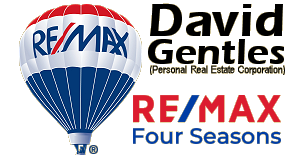 |
||||||||||
|
|
||||||||||
 Buying a Second HomeAt some point, you may decide to buy a second house to provide you with supplemental income. An income-producing property has many advantages, especially if you only have a small amount of money to invest. Generally, your cash will be returned from real estate even though you may have to wait for the right time to sell. As a result, you capital is at little risk. Moreover, you property will provide you with rental income, and your equity will appreciate at a rate that has almost always outpaced inflation over the past 50 years. And depending on the size of your down payment and the rental market, the income could cover your mortgage payments. There are also a number of the tax breaks involved in ownership which you should discuss with your financial advisor. Expenses incurred in maintaining the property, mortgage interest costs, and depreciation of the property are usually all tax deductible. But accumulating wealth starts with the purchase of your first home - which can mean a small house, condo or townhouse. Keep in mind that a fixer-upper house (in a good neighborhood) that doesn't require major structural work but just cosmetic repairs offers superb profit opportunities. You may be at that stage now where you've already been living in your first home for a couple of years and are thinking about what to do next. To realize a substantial real profit, your property should be allowed to appreciate over a number of years. So you may want to rent out your house - which will provide you with a second income as well as tax relief -- and buy another house to move into and begin upgrading. After a few years, you can rent out that house and buy another one until you reach your goal of, say, half a million dollars in equity - or an amount on which you can happily retire. Remember, home ownership doesn't necessarily meaning owing your dream home right off the bat. Starting with a smaller home will help build equity and eventually provide you with the financial clout needed to trade up to a bigger home. Take Precautions Owing a home can be profitable, but it doesn't happen without effort and good judgment. An inexperienced investor may encounter many pitfalls if he is not careful. Here are some tips to keep in mind:
Overall, investing in houses, apartments or other income producing real estate is one of the best ways for the average person to get the highest possible return on the smallest possible investment. Ideally, you want to buy all the income property you can when you're young, and enjoy the income benefits when you're older. |
||||||||||
|
||||||||||